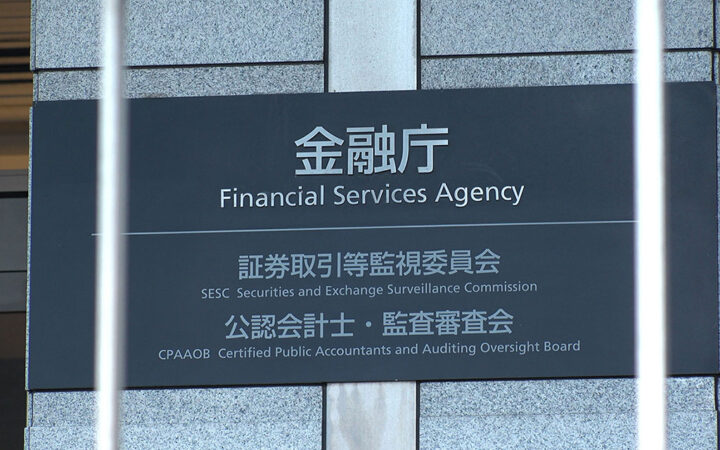
With over 3 years of crypto writing experience, Bena strives to make crypto, blockchain, Web3, and fintech accessible to all. Beyond cryptocurrencies, Bena also enjoys reading books in her spare time.
Entrepreneurs such as Steven Bartlett, known for his “Diary of a CEO” podcast, voiced doubts about Britain’s readiness to capitalize on the opportunities crypto offers.
 Edited by Julia Sakovich
Updated
3 mins read
Edited by Julia Sakovich
Updated
3 mins read

The UK is laying out an ambitious plan to become a leading global hub for crypto, positioning itself as a competitor to the US in this rapidly evolving industry, according to CNBC. Despite these intentions, many entrepreneurs within Britain’s borders are skeptical, citing significant challenges the government will need to overcome.
The Labour government has set its sights on fostering a crypto-friendly environment. A key step in this direction came from Tulip Siddiq, the Economic Secretary to the Treasury, who recently announced intentions to introduce draft legal provisions for digital assets, including stablecoins.
These digital tokens, tied to sovereign currencies like the pound or dollar, could see discussions as early as next year. Siddiq emphasized that crypto staking services, which reward users for holding specific tokens, will not be regulated as collective investment schemes – an approach that reassures many in the industry wary of excessive oversight.
Adding her voice to this vision, Poppy Gustafsson, Britain’s investment minister, highlighted the sector’s role in the UK’s vibrant tech landscape. Speaking at an event hosted by Stand With Crypto, she assured attendees of the government’s commitment to “fostering and embracing blockchain.” According to Gustafsson, Britain is already taking tangible steps to lead global innovation in this space.
Britain’s efforts aren’t just theoretical but backed by action. The Digital Securities Sandbox, launched earlier this year, provides a controlled environment for testing blockchain-based solutions for trading and securities settlement. It’s a notable move, allowing innovators to trial new technologies under regulatory supervision.
Another groundbreaking initiative is the digital gilt pilot introduced last month. This project explores issuing government bonds on the blockchain, signaling an intention to modernize traditional financial systems while testing how well blockchain can handle the complexities of government debt.
However, despite these promising steps, skepticism remains. Entrepreneurs such as Steven Bartlett, known for his “Diary of a CEO” podcast, voiced doubts about Britain’s readiness to capitalize on the opportunities crypto offers.
“I don’t know whether we have the policymakers, the government, the risk appetite, the pro-entrepreneurship attitude to really capitalize on this generational opportunity,” Steven Bartlett said during a discussion at the ‘Stand With Crypto’ event.
Bartlett, who splits his time between London and San Francisco for his blockchain startup, Thirdweb, offered a stark comparison. He argued that building a tech company in Britain is significantly more challenging than in the US, particularly in Silicon Valley. His concerns aren’t unfounded. America’s established dominance in crypto and tech innovation poses a steep hill for Britain to climb.
Despite these hurdles, crypto adoption in the UK is growing. According to a recent Financial Conduct Authority (FCA) survey, the average value of cryptocurrency holdings among Brits rose to £1,842 ($2,337) this year, up from £1,595 in 2022. This increasing interest hints at potential, though it’s not without its complexities.
The FCA is also making strides toward a regulatory framework. Its recently released roadmap outlines plans to regulate the crypto industry over the next two years. Discussion papers on stablecoins, trading platforms, lending, and staking are set to pave the way for a full regulatory regime by 2026.
While Britain’s crypto ambitions are bold, the journey ahead is fraught with challenges. Establishing itself as a truly global hub will require more than ambitious speeches and pilot projects. Policymakers must cultivate a more entrepreneur-friendly environment and provide clear, supportive regulations to attract global talent and investment.
Disclaimer: Coinspeaker is committed to providing unbiased and transparent reporting. This article aims to deliver accurate and timely information but should not be taken as financial or investment advice. Since market conditions can change rapidly, we encourage you to verify information on your own and consult with a professional before making any decisions based on this content.

With over 3 years of crypto writing experience, Bena strives to make crypto, blockchain, Web3, and fintech accessible to all. Beyond cryptocurrencies, Bena also enjoys reading books in her spare time.




